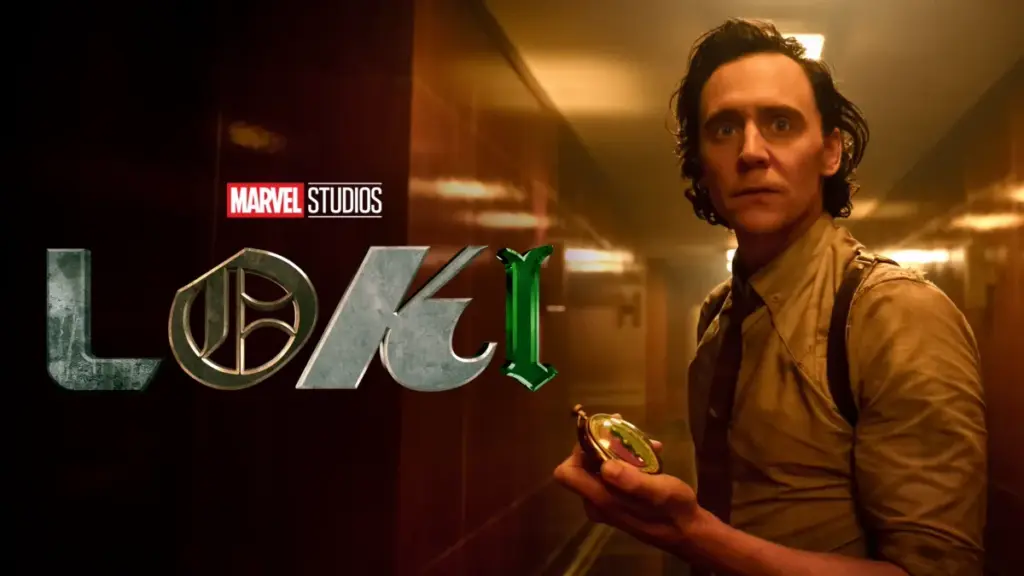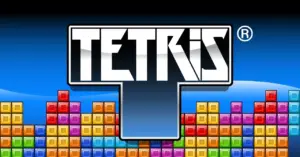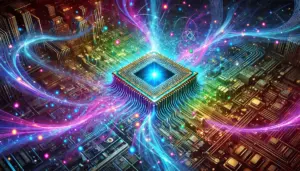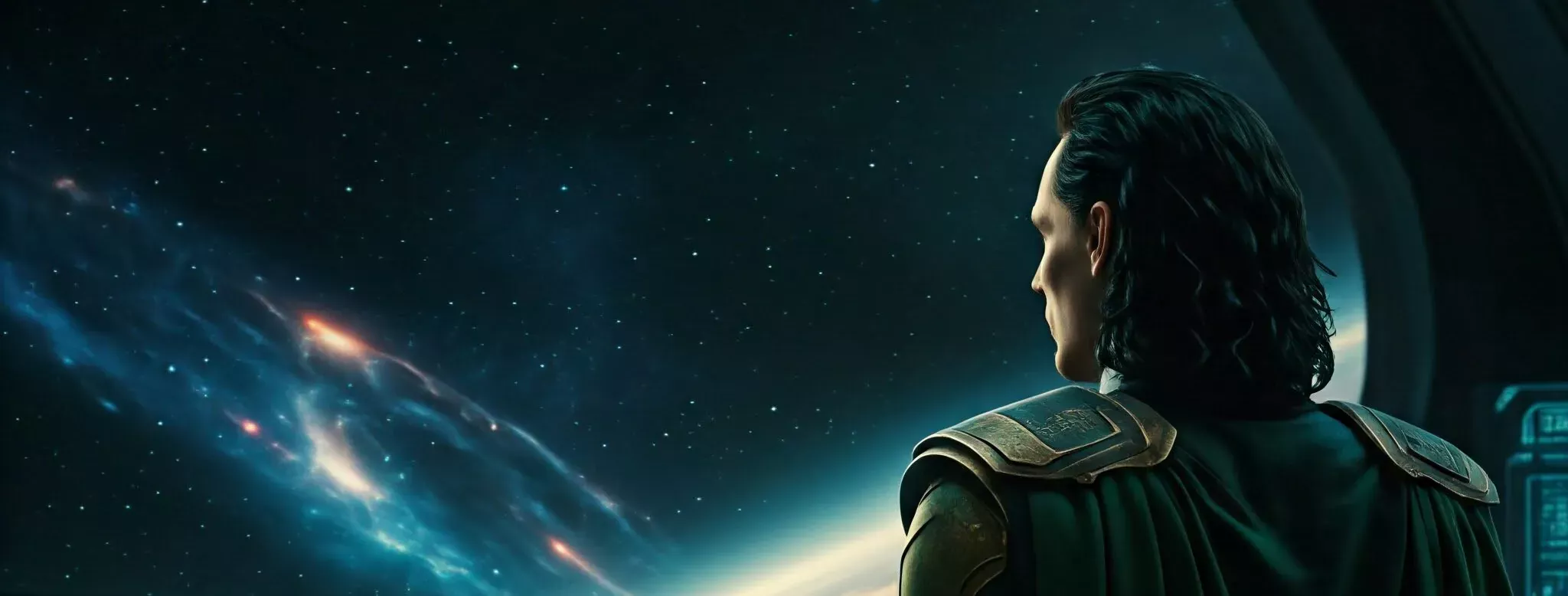Loki, the God of Mischief, has captivated audiences since his debut in the Marvel Cinematic Universe. Initially portrayed as a clear-cut villain, his character has undergone a remarkable transformation, evolving into a complex anti-hero wrestling with his identity and destiny. This article explores Loki’s captivating journey, delving into his intricate motivations, significant relationships, the pivotal impact of his eponymous series, his future role in the MCU, and the fervent fan reception he has garnered.

A Journey of Transformation – From Villainy to Anti-Hero
Loki’s character arc is one of the most compelling in the MCU. Beginning as a power-hungry antagonist in “Thor” and “The Avengers,” he was driven by a desire for recognition and a perceived lack of love from his adopted family. His early actions were marked by manipulation, betrayal, and a deep-seated inferiority complex compared to his brother, Thor. His motivations, however, are never entirely black and white. There is always an undercurrent of vulnerability, a yearning for belonging that makes him far more relatable than a simple villain.
Over the course of several films, Loki’s villainous facade begins to crack. Moments of genuine sacrifice and alliance with Thor, like those witnessed in “Thor: The Dark World” and “Thor: Ragnarok,” reveal a growing capacity for good. He grapples with his place in the world and his identity, torn between the dark path he has tread and the potential for redemption. The heart of this conflict is the core of what makes Loki such an engaging character: his internal struggle between his inherent chaotic nature and his desire for love, recognition, and purpose.

A Web of Relationships – Shaping Loki’s Character
Loki’s relationships are pivotal to his development. His dynamic with Thor is one of the most iconic in the MCU. Their rivalry, steeped in sibling rivalry and fueled by misunderstandings and betrayals, is as important to Thor’s development as it is to Loki’s. Despite the constant conflict, there is a deep bond of affection between them, which surfaces in moments of crisis, highlighting the complex nature of their relationship. The constant push and pull of their dynamic has shaped both characters, forcing them to face their flaws and grow.
Beyond his bond with Thor, Loki’s interactions with characters in his solo series, “Loki,” such as Sylvie and Mobius M. Mobius, further illuminate his character. His relationship with Sylvie, a female variant of himself, forces him to confront his own self-loathing and explore a more vulnerable side. The connection is a tangled mix of rivalry and understanding, as they both struggle with their place in the universe. Conversely, his partnership with Mobius, a TVA agent, introduces a new dimension of mentorship and friendship, bringing out Loki’s capacity for trust and collaboration. These diverse relationships significantly impact his character growth, showcasing that he is not just the God of Mischief, but also someone who is capable of love, companionship, and change.

The “Loki” Series – A Multiversal Catalyst
The “Loki” series on Disney+ stands out as a pivotal moment in the MCU, not just for Loki’s character development but for the entire cinematic universe. The show introduced the concept of the multiverse and the Time Variance Authority (TVA) in a way that reshaped the very fabric of the MCU. By exploring the idea of multiple timelines and variants of the same character, it opened a Pandora’s Box of narrative possibilities, giving way to different versions of beloved characters and scenarios.
The Time Variance Authority, a bureaucratic organization tasked with monitoring and managing the flow of time, is introduced as a force that holds immense power over existence. The introduction of the TVA added a layer of complexity to the world, posing questions about free will versus destiny, and the consequences of messing with time. The series essentially deconstructed the concept of a singular, predetermined timeline, demonstrating how even small actions can have enormous effects on the vast tapestry of reality. This bold move has transformed not only Loki’s path but set the stage for future stories within the MCU, creating a platform for endless narrative potential.

Shaping the Future of the MCU
Loki’s role in shaping the future of the MCU cannot be overstated. His actions in the “Loki” series, particularly the unleashing of the multiverse, have set the stage for the Multiverse Saga, which includes the many timelines that have been introduced and the threats they present. Given that his actions were central to the breaking of the sacred timeline, it’s highly possible that he will play a role in undoing the chaos that he has caused, and in finding stability in the multiple timelines.
His connection to Kang the Conqueror, a major antagonist of the Multiverse Saga, is a particular point of interest. As the series unfolds, the connection of Loki to the Kang variants may grow and lead to future struggles. Loki is positioned to be a key player in resolving the multiversal conflict that has been set up by both his own actions and by the rise of Kang. Whether as a hero, a villain, or something in between, Loki’s importance to the future of the MCU is undeniable, making him a crucial character in the vast narrative tapestry.

A Fan Favorite – The Appeal of the God of Mischief
Loki’s popularity among viewers is a testament to his complexity and relatability. Unlike other MCU heroes or villains, Loki’s internal struggles, his vulnerabilities, and his consistent need for belonging resonates with audiences. He is a flawed character who, despite his bad actions, strives for acceptance and purpose. This is a key element in why fans have embraced him so strongly.
His portrayal by Tom Hiddleston has also played a significant role in his widespread acclaim. Hiddleston’s nuanced performance captures both the mischievous charm and the underlying pain, making Loki a captivating character to watch. Critics have lauded the complexity of his character and the way in which Hiddleston has portrayed that depth. This combination of compelling writing, character depth and an unforgettable performance has solidified Loki’s position as one of the MCU’s most beloved characters.

Conclusion
Loki’s journey from a power-hungry antagonist to a complex anti-hero is a testament to the power of nuanced character development. His ongoing struggle for identity, his intricate relationships, the pivotal impact of his series on the MCU, and his potential to shape the future storylines have all contributed to his popularity among fans and critics alike. The God of Mischief has become much more than just a villain or a hero. He embodies the complexity of life and the possibility of change, making him one of the most compelling figures in the Marvel Cinematic Universe. As the MCU moves deeper into the Multiverse Saga, Loki’s continued journey is one that many fans will be watching with great anticipation. Now is the perfect time to explore the full story of Loki, diving into the movies and his standalone series, to fully grasp how he is essential to the MCU’s ongoing narrative. Share this article with your friends and dive deep into the amazing world of Loki.

The Review
Throughout the Marvel Cinematic Universe, from his initial appearance in “Thor” to his leading role in his own series, Loki has been portrayed with remarkable consistency and depth. Tom Hiddleston’s performance is a masterclass in character acting, perfectly capturing both the mischievous charm and the underlying vulnerability that define the God of Mischief. His nuanced portrayal has turned Loki into a fan-favorite, with viewers connecting with his internal conflicts and his constant push-and-pull between villainy and heroism. The only negative aspect one might find is a near-universal desire to see even more of him on screen. His presence is so captivating that every appearance leaves audiences wanting more of his complex, captivating character and his ever-evolving story arc.
















